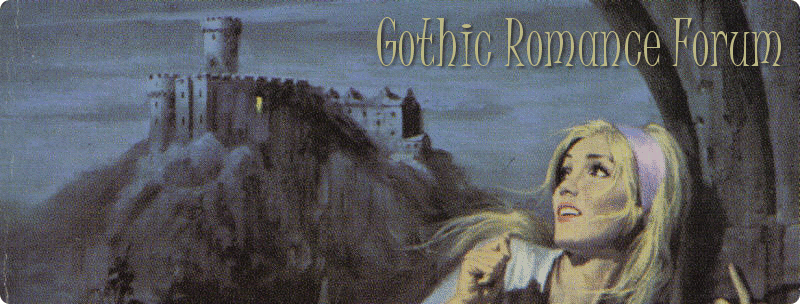12-31-2017, 12:11 AM
For #9, I was referring to undeveloped logic. For example, in the book "Murder at Maison Benedict", there were events that took place that I can't understand why? Why should the good doctor hold all the answers when it was not hinted at that he was especially close to the family for any particular reason. Beside the fact that after having three strokes, he should not have made an "excellent" recovery, why does he go on to call the family to let them know ahead of the heroine about his knowledge?
As for the TSTL heroine, it does peeve me, but sometimes, the heroine has no one else to turn to (but she should take some precautions such as a weapon or even a flashlight). On the other hand, there have been heroines who do let someone know what they are doing, but they're telling the wrong one! Now, if it was well written, the heroine wouldn't know who the villain was so she makes those dumb mistakes. What makes her too dumb is if she keeps trusting the wrong person. I've read some novels where the heroine suspects a specific person of doing harm to her, yet she trusts that person to give her drugs (usually for a headache). Which brings me to another point. Is it just my modern mind having read too many of these stories or does it seem like people in the middle of the 20th century were addicted to aspirins and sleeping pills? "Oh, I couldn't sleep last night." "Take these pills. They work really well." One restless night and they just couldn't deal. Now, in "The Witching Hour", our heroine gets drugged but she was not aware of it and it affected her thinking. That's the difference between telling a story well and just making things up as you go along.
And I hate heroines who are constantly fainting. I have yet to post reviews on the two novels I read which I debated finishing but in one of them, the heroine was so childish I wanted to strangle her myself.
As for the TSTL heroine, it does peeve me, but sometimes, the heroine has no one else to turn to (but she should take some precautions such as a weapon or even a flashlight). On the other hand, there have been heroines who do let someone know what they are doing, but they're telling the wrong one! Now, if it was well written, the heroine wouldn't know who the villain was so she makes those dumb mistakes. What makes her too dumb is if she keeps trusting the wrong person. I've read some novels where the heroine suspects a specific person of doing harm to her, yet she trusts that person to give her drugs (usually for a headache). Which brings me to another point. Is it just my modern mind having read too many of these stories or does it seem like people in the middle of the 20th century were addicted to aspirins and sleeping pills? "Oh, I couldn't sleep last night." "Take these pills. They work really well." One restless night and they just couldn't deal. Now, in "The Witching Hour", our heroine gets drugged but she was not aware of it and it affected her thinking. That's the difference between telling a story well and just making things up as you go along.
And I hate heroines who are constantly fainting. I have yet to post reviews on the two novels I read which I debated finishing but in one of them, the heroine was so childish I wanted to strangle her myself.



